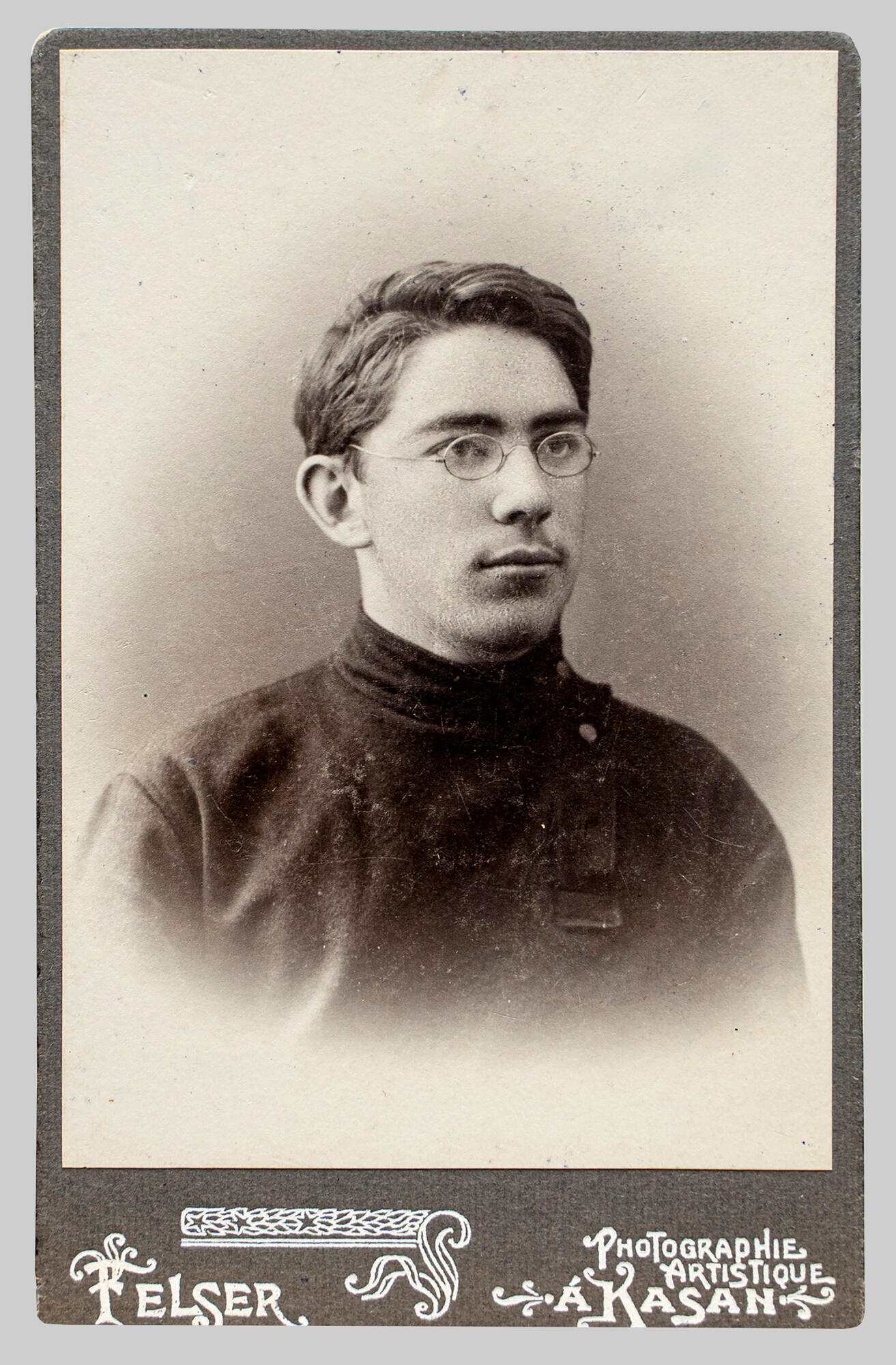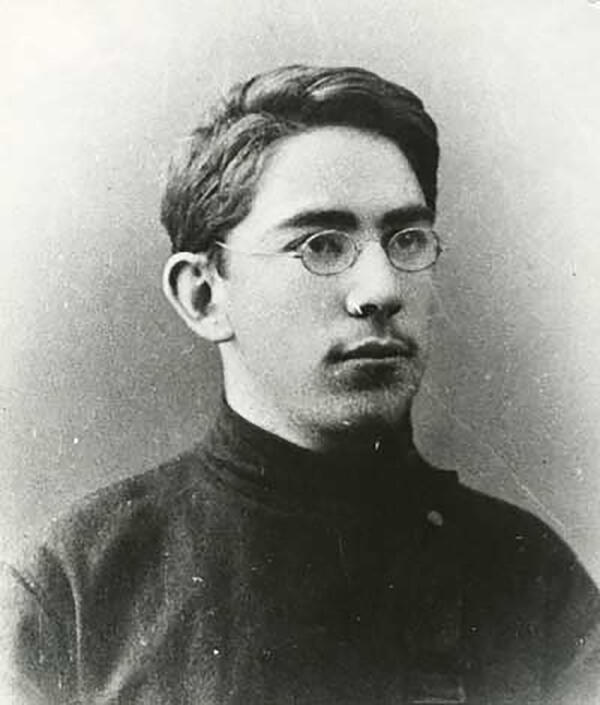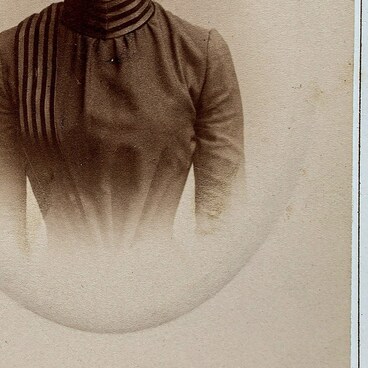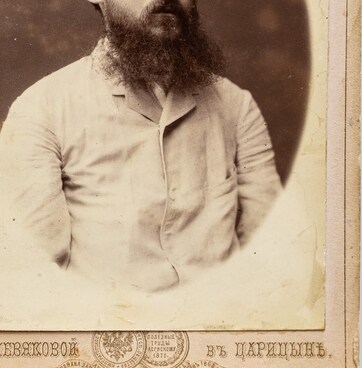Alexander Vladimirovich Khlebnikov, or Shura (1887–1920), was the younger brother of Velimir Khlebnikov.
As a child, the boy was surrounded by songbirds, bird nests and eggs from his father’s collections, as well as taxidermied animals; he was also interested in engineering. One of Shura’s childhood dreams was to build a mill and grind stones there so that people would not hurt their feet when walking on gravel. When the family lived in the village of Pomaev, Simbirsk Governorate, Alexander Glinka was the children’s home teacher. Years later, he recalled Shura Khlebnikov’s fascination with birds, which he adored.
Alexander’s penchant for natural sciences and inventions manifested itself in adulthood.
In 1900, Alexander entered the Kazan Secondary School (Realschule) and simultaneously successfully studied at an art school. In 1907, he became a mathematics student at Kazan University, then transferred to Novorossiysk and later to Moscow University as a natural scientist. Building on his father’s legacy as a naturalist, Alexander Khlebnikov specialized in ichthyology and ornithology, attended lectures by the prominent scientists Mikhail Aleksandrovich Menzbier and Alexey Nikolaevich Severtsov on biology, translated works from French and German, and studied English.
Having analyzed his early research paper devoted to the coloring of fish, modern scientists found that Alexander Khlebnikov was on the verge of developing bionics — an applied science of constructing artificial systems that mimic some features and properties of wildlife.
In 1914, after graduating from university, he volunteered to fight on the front lines, where two years later he commanded an artillery battery. He developed a new design of artillery shells, a rangefinder and other inventions important in war conditions.
In 1918, Khlebnikov, according to Pyotr Miturich, “grew tired of the war and did not want to leave the bosom of nature”. He came to Astrakhan. Together with Vera, they moved to live in a hut by the river. His desire for privacy resulted in his arrest. Two years later, as a Red Army officer, Alexander went missing on the Polish front.


